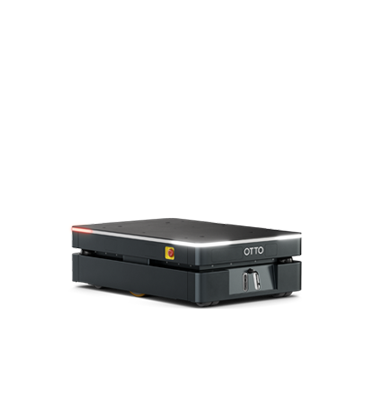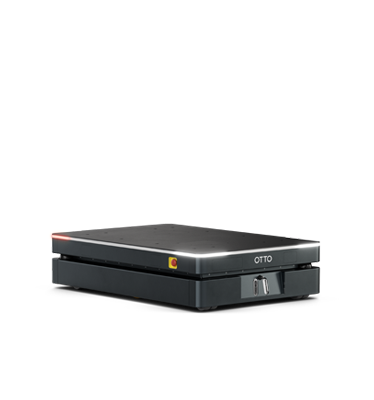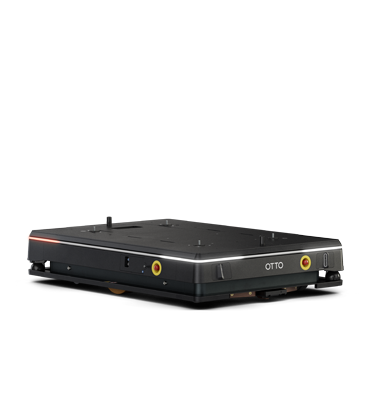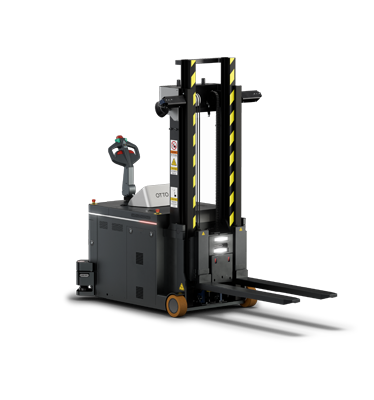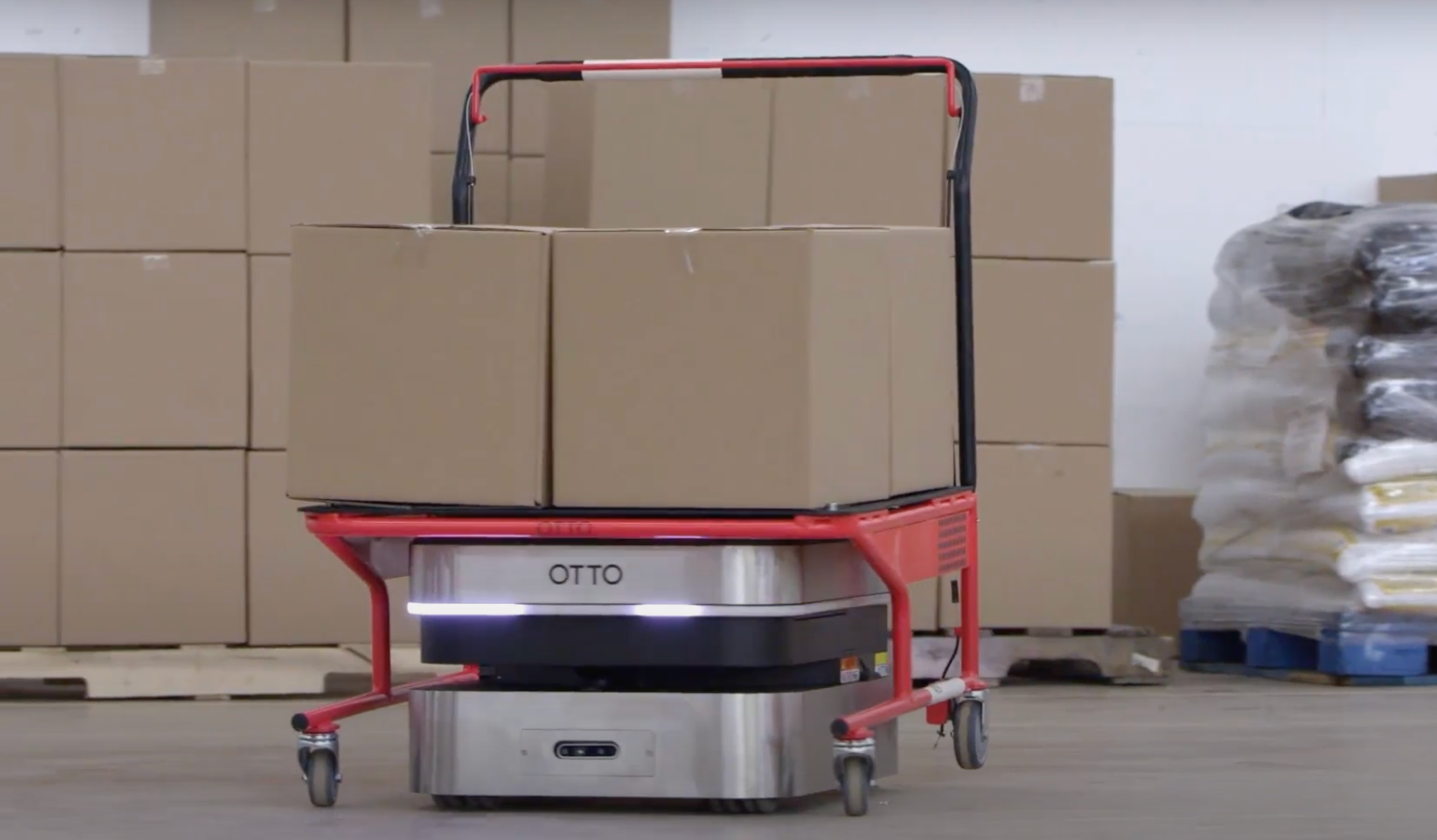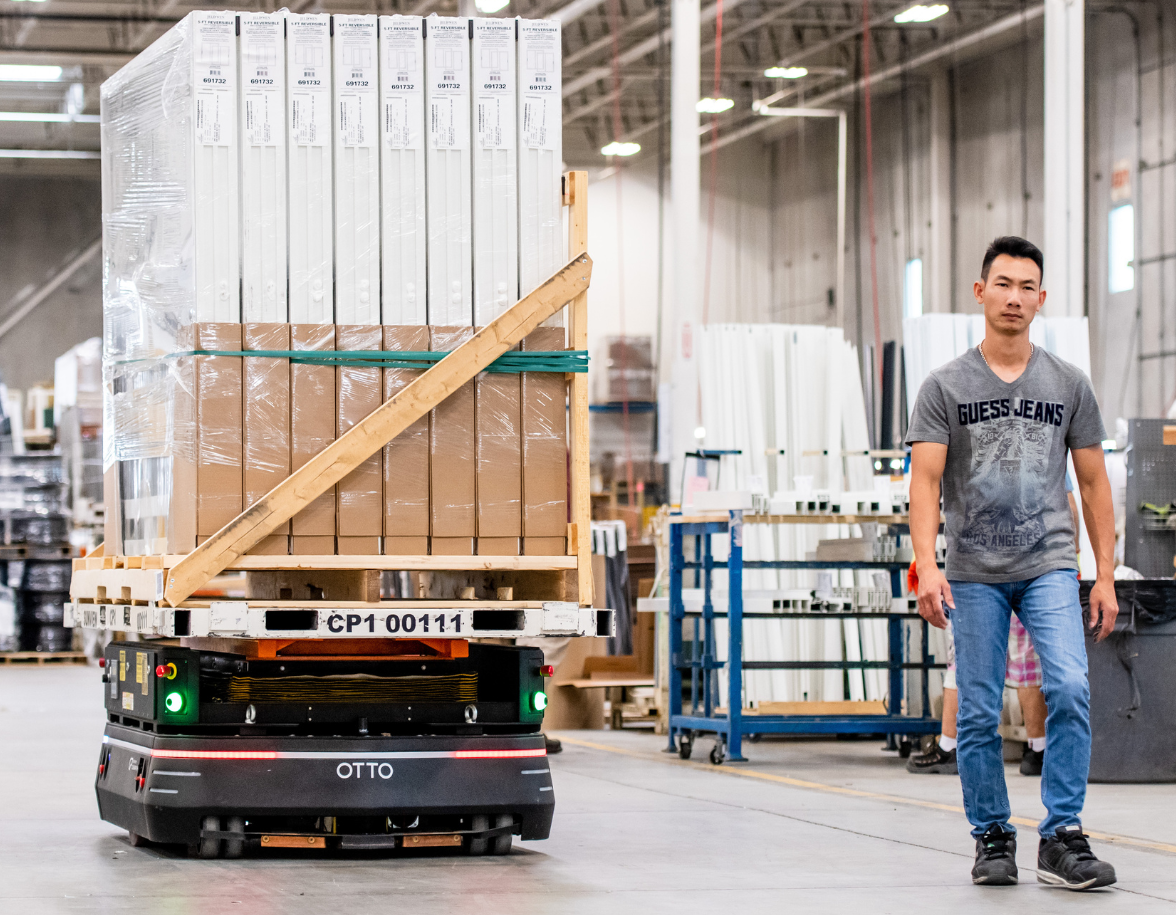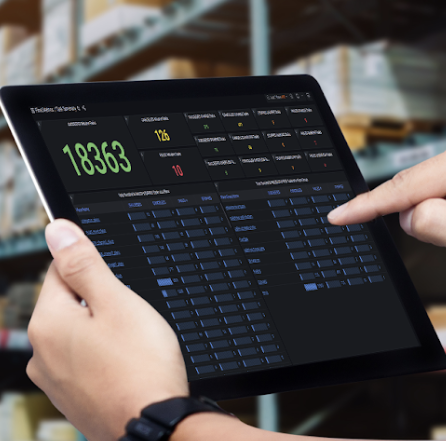Blog
Robots for the economy: What is Technological Unemployment?

Defining Technological Unemployment
Technological Unemployment is a phenomenon where new inventions change the nature of work, eliminating some jobs while creating new higher paying jobs and launching entirely new industries. Technological Unemployment results in a shift in the types of jobs that are available and the skills required to secure employment.
Technological Unemployment in the past
The question of whether technology will create unemployment is as old as the invention of the wheel. As far back as 350 B.C.E., Aristotle wrote that machines could one day eliminate the need for human labor. This anxiety about labor-saving technology has been a recurring pattern throughout history. During the Industrial Revolution, workers protested and destroyed machines because they feared their jobs would be eliminated. At the same time, many workers developed new skills and transitioned into new positions that required less effort for higher pay. More importantly, industrialization spurred overall economic growth.

John Kay, Inventor of the Fly-Shuttle, A.D. 1753, by Ford Madox Brown. His painting depicts the inventor John Kay escaping a mob that was angry about his labor-saving mechanical loom which was a key contributor in the Industrial Revolution.
Two hundred years ago, 70 percent of Americans lived and worked on farms, and today that number has shrunken to less than two percent. While there is still a lingering nostalgia for those days, yesterday’s farmers would wake up before dawn, toil in the fields all day until sunset, and then do it all over again, seven days per week. Since then, automation has improved farming techniques, factories have hired millions of workers, and now the internet has ushered in a new era of flexible, mobile workplaces. Over and over again, rather than creating "Technological Unemployment," machines have displaced heavy and repetitive labor while creating new opportunities. Automation created millions of jobs in entirely new fields that the weavers and farmers of the 1800s couldn’t have possibly imagined.
The rise of new benefits amid Industry 4.0
Industrial robots are a modern example of technological displacement. Although new technology often eliminates some specific tasks, like manual material movement, it also creates new positions, leads to entirely new industries, and benefits society as a whole.
Robots are no exception: they take over the most mundane and dangerous tasks that are done by humans. At the same time, industrial robotics opens the door for automation that makes companies more profitable and creates opportunities for new careers and overall economic growth. For example, automation can lead to the development of new products, services, and markets, creating opportunities for entrepreneurship and economic expansion.
A lot of times we’re using autonomous mobile robots to just increase capacity or throughput of the building with no intention of reducing the labor force.
Ellen Brune
General Manager of Integrated Storage Solutions, Honeywell Integrated
Today, we’re experiencing the next major upheaval in modern manufacturing, known as Industry 4.0. Robots are helping to fill needed jobs amid the global labor shortage, where over 2.4 million manufacturing jobs are projected to go unfilled by 2028. This allows available workers to focus on the jobs that require uniquely human skills and come with higher job satisfaction, while robots do the dull, dirty and dangerous work.
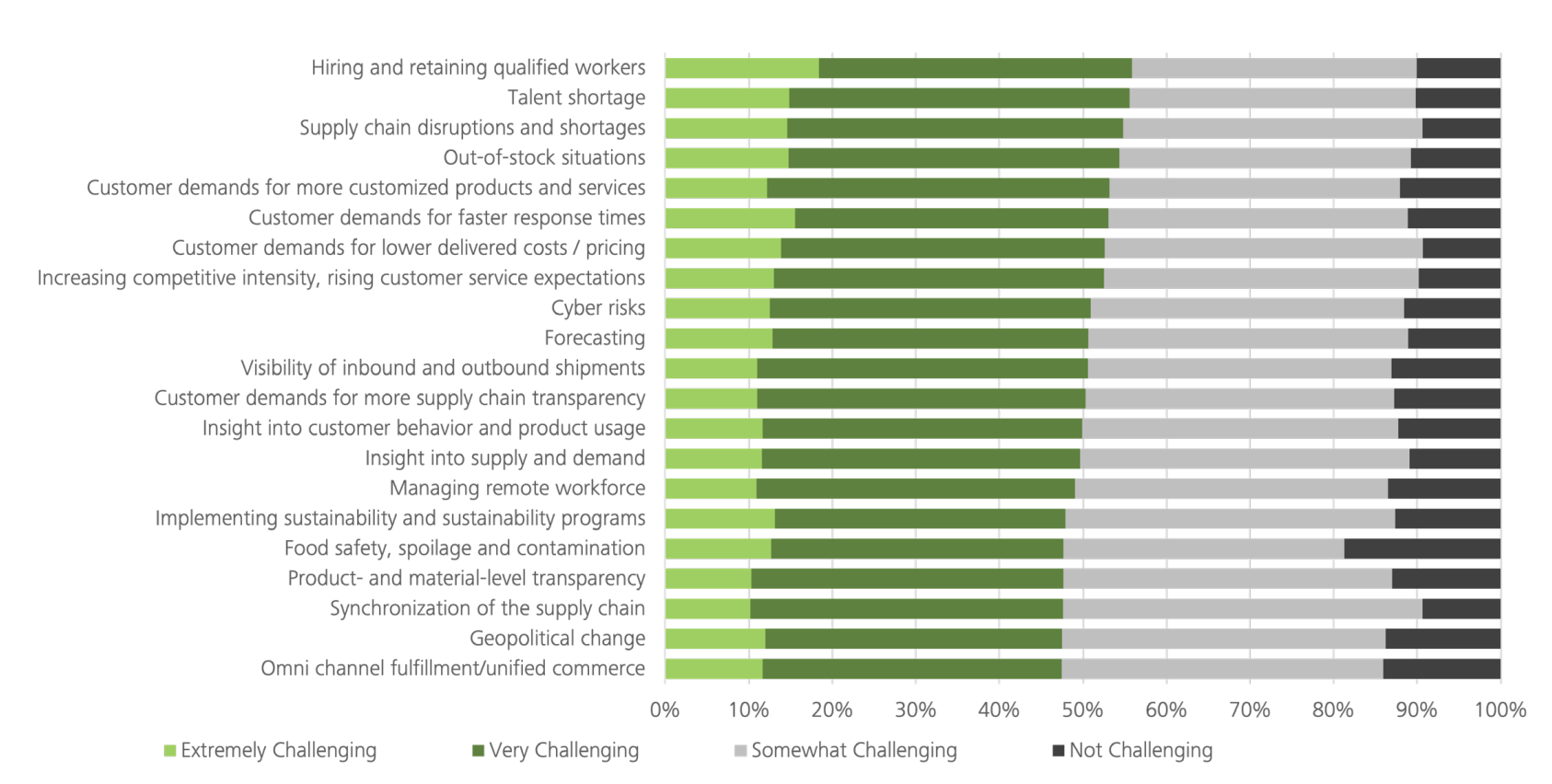
MHI’s 2023 Annual Industry Report lists “hiring and retaining qualified workers” and “talent shortage” as the top two company challenges.
In a healthy, growing economy, jobs will evolve into new positions that include more complexity, higher wages, and increased quality of life. Technological Unemployment is certainly changing the way we work across all industries, worldwide.

